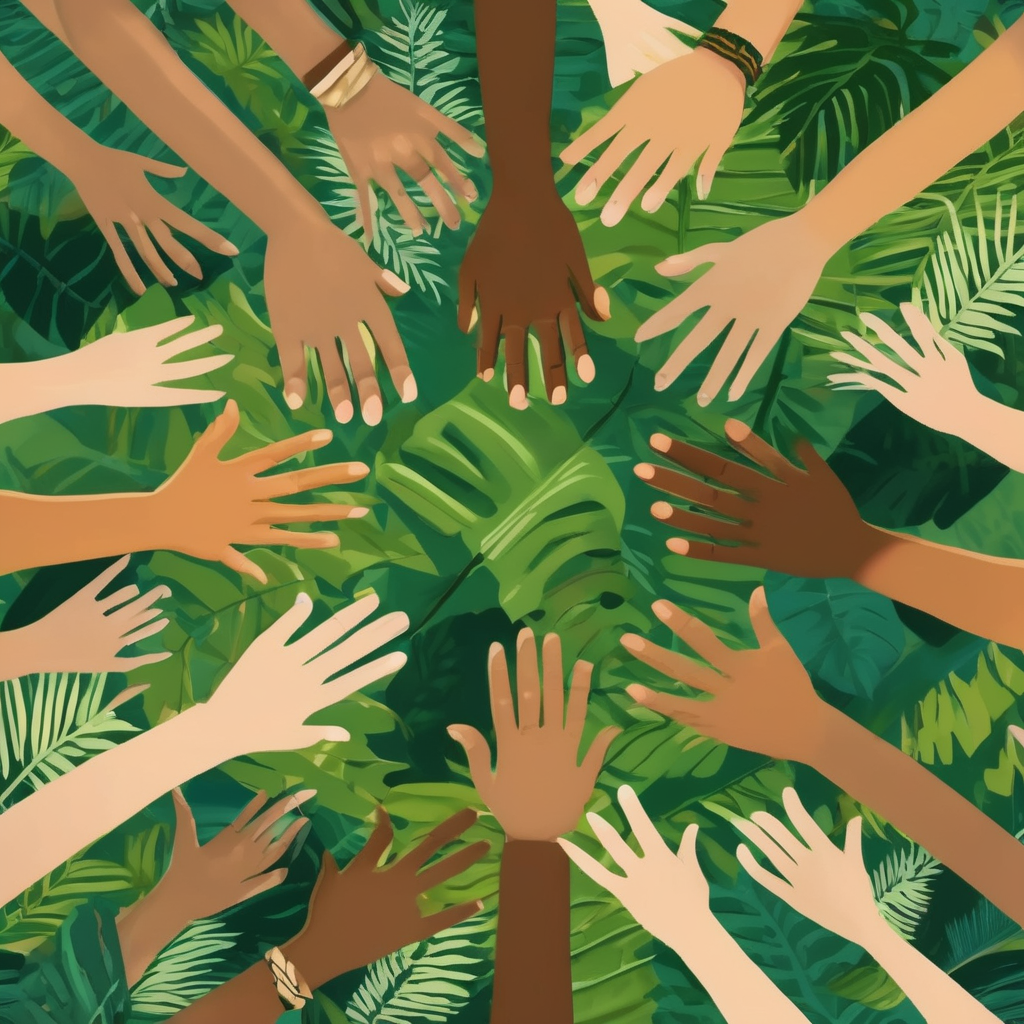Emeline Siale Ilolahia, the Executive Director of the Pacific Islands Association of Non-Governmental Organisations (PIANGO), has called for strengthened collaboration between governments and civil society to create a more inclusive humanitarian response across the Pacific. Her comments were delivered at the 2nd Pacific Disaster Risk Management Ministerial Meeting in Palau, where she highlighted the essential role Pacific communities play as first responders during disasters, despite often operating with limited resources.
Ilolahia expressed concern over the lack of resources available to these communities, who are frequently the first to act in emergencies, even at significant personal costs. She remarked, “We don’t have the resources or the power, but time and again, it is our people who are the first responders — the same people losing their homes and livelihoods.” This statement underscores her plea for greater recognition of civil society’s critical role in humanitarian efforts, advocating that they should be seen as vital partners rather than peripheral players.
Further illustrating the importance of civil society organizations (CSOs), Ilolahia noted their substantial contributions in areas such as holding governments accountable, addressing inequities in decision-making, and improving regional disaster responses. She urged the establishment of sustainable partnerships and appropriate funding for disaster risk management, emphasizing the need for governments to allocate adequate budgetary resources for these purposes. “Our budgets come from the pockets of our people,” she stated, stressing the importance of transparency regarding resource allocation for disaster preparedness and response.
Additionally, Ilolahia announced PIANGO’s initiative to develop a Regional CSO Accountability Framework aimed at ensuring civil society adheres to the same transparency standards expected from governmental and regional bodies. She advocated for a “reimagining of solidarity and cooperation,” suggesting that leaders should view civil society as equal partners in policy development rather than mere charitable organizations.
Drawing on successful examples from nations such as Fiji, where women-led community responders have gained recognition in local disaster management, Ilolahia called for the creation of regional humanitarian coordination mechanisms that would complement existing frameworks like the Framework for Resilient Development in the Pacific (FRDP), emphasizing the active involvement of civil society in these initiatives.
The ministerial meeting brought together leaders, regional agencies, and development partners to evaluate the progress of disaster risk management efforts while reaffirming the Pacific’s dedication to resilience and community-driven initiatives. This spirit of collaboration provides optimistic prospects for enhancing disaster preparedness and reinforces the importance of civil society’s role in addressing the growing challenges of climate change and other disasters. By embracing the contributions of those most affected, the Pacific can cultivate a more resilient future.
